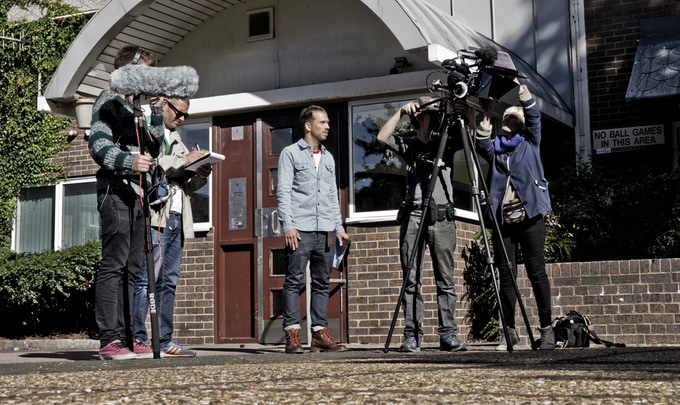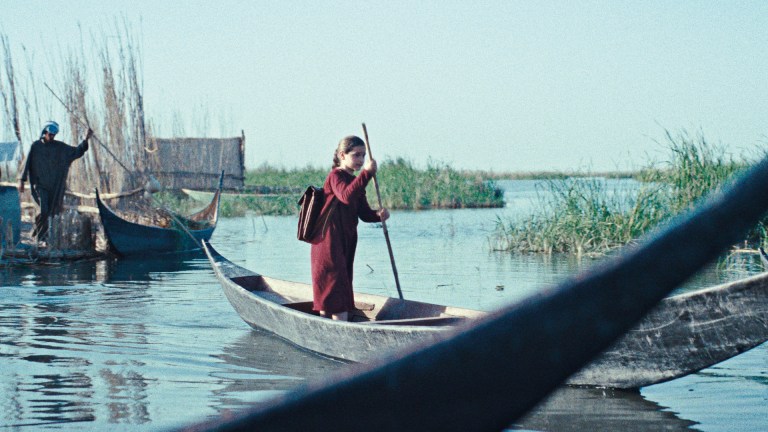The Essex town of Basildon takes a starring role in a new documentary out this week. Unlikely though that sounds, it leaves a rich impression: New Town Utopia is an intelligent, poignant and delicately ambiguous portrait of a place routinely dismissed as a provincial backwater. The movie can feel like a piece of obsessive, exhaustive local history, but this is also a study of the wider phenomenon of British new towns, those handful of modernist conurbations that were built, in the blaze of post-war promise, and then, over the years, fell into decline.
The film begins with the high ideals that were attached to the design of Basildon. To an uplifting synth-infused soundtrack director Christopher Ian Smith offers various views of Basildon. Architectural details are lovingly framed under a summery blue sky. It’s a vision of jet-age modernity: clean, angular concrete buildings amid lush open spaces.
Accompanying this are extracts from a speech given byLewis Silkin (voiced warmly by Jim Broadbent), the Labour politician behind the new town boom of the post-war years. We hear him describe the vaulting principles behind the design of these developments. “Our towns must be beautiful… The monotony of interwar housing estates must not be repeated.”
To get a measure of how radical this is, ask yourself when was the last time you heard a politician combine social housing policy with an appreciation of aesthetics?
The tone is dreamlike, but the reverie doesn’t last long. Smith interviews some of the original residents of Basildon, mostly working-class Eastenders. A few remember the town with nostalgia, especially when compared to the overcrowded slums of London. “It was like being on holiday,” one old fellow declares, with an aching sense of longing.










